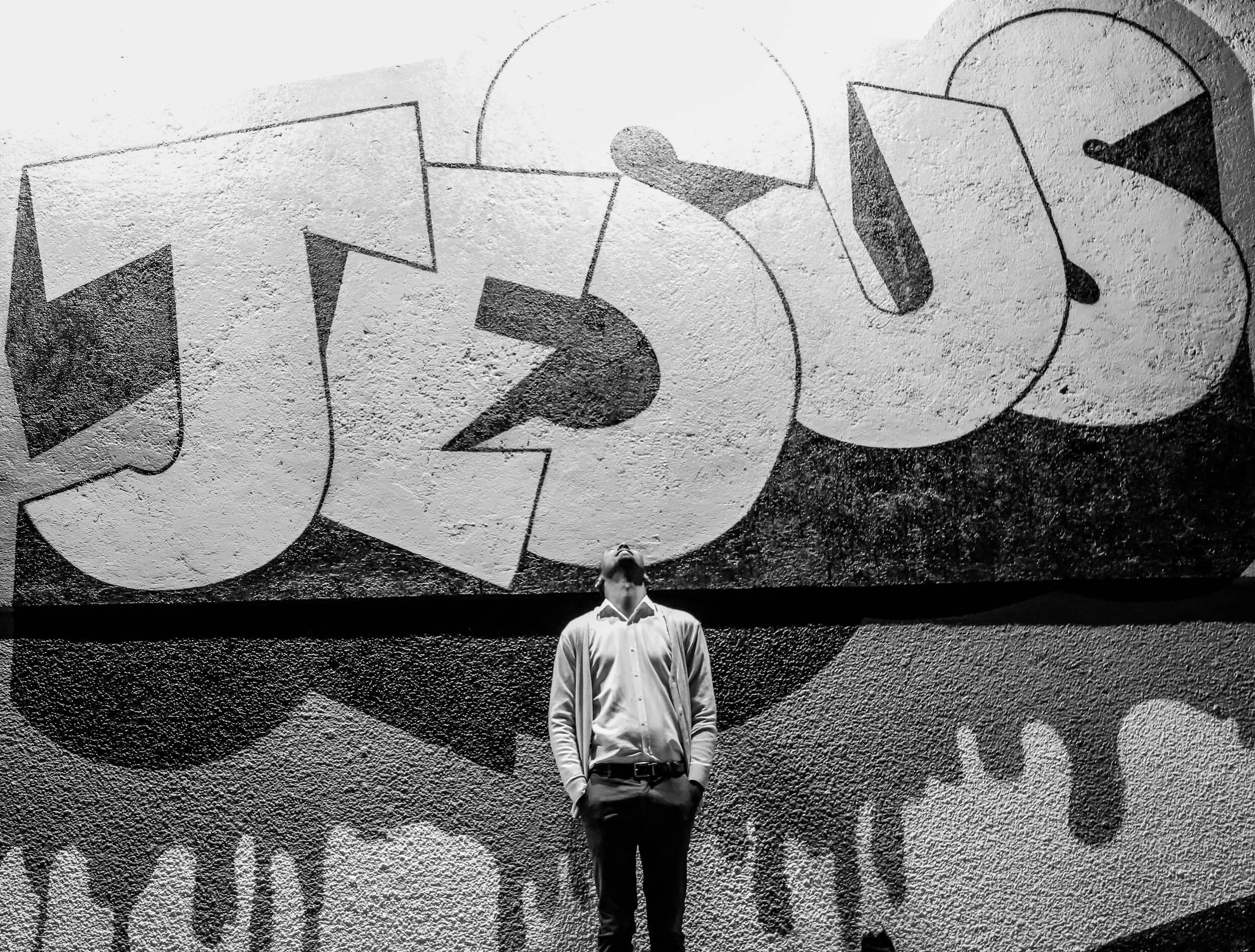The Object of Our Faith
Jesus Christ is the same yesterday and today and forever.
Matthew 13:8
The psalmist wrote, “Blessed is the one who does not walk in step with the wicked or stand in the way that sinners take or sit in the company of mockers, but whose delight is in the law of the Lord, and who meditates on his law day and night” (Psalm 1:1-2). Faith is dependent on its object. To say that you should walk by faith begs the question, “Faith in what?” You cannot have faith in faith.
Jesus Christ is the only legitimate object of our faith, for two reasons. First, we can trust in Jesus because of the witness of those who have chosen to believe in Him. Trusting in Christ results in our becoming new creations and believing that the truth sets us free. The writer of Hebrews says, “Remember your leaders, who spoke the word of God to you. Consider the outcome of their way of life and imitate their faith” (Hebrews 13:7). He doesn’t say we should imitate what they do or say. If their lives demonstrate what they believe, then we should imitate what they believe, because what we do or say is just a product of what we have chosen to believe. People don’t always live according to what they profess, but they always live according to what they believe.
The second and primary reason Jesus is the ultimate object of our faith is that He never changes. “Jesus Christ is the same yesterday and today and forever” (Hebrews 13:8). We learn to trust people who are true to their word and trust in things that have proven to be consistent. The most universally accepted faith object is the fixed order of the universe. We set our clocks and make plans according to the calendars. The world would be thrown into chaos if the rotation of the sun and moon suddenly changed. If we have that much confidence in the sun, why not in the Son who spoke the universe into existence and sustains all things by His powerful Word (see Hebrews 1:3)?
It takes time to establish trust in something or someone, because the process of building faith requires consistent and continuous behavior demonstrated over time. That is why human relationships are so fragile. It may take months or years to establish a great degree of trust in another person, but one act of unfaithfulness can destroy it. We can choose to forgive those who have betrayed us, but it often takes a long time to regain the trust that has been lost.
If God were to change or if His Word proved to be false, He would no longer be a legitimate object of our faith. Centuries of human history have proven that the nature of God is eternally consistent, as is His Word. Jesus said, “Truly I tell you, until heaven and earth disappear, not the smallest letter, not the least stroke of a pen, will by any means disappear from the Law until everything is accomplished” (Matthew 5:18). In other words, heaven and earth will pass away before the smallest letter in the Hebrew alphabet will disappear from God’s Word or be altered in any way. Critics have hammered on this anvil for centuries. The hammers and those who wield them have fallen away, but the anvil of God’s Word remains the same.
Questions to Consider
How does the witness of those who have chosen to believe in Christ demonstrate that we can completely trust in Him?
How does the fact that Jesus never changes enable us to put our trust in Him?
How has the record of history proven God to be completely reliable?
In what ways are you imitating the faith of godly people in your life?
People always live according to what they believe. What are your actions saying about the object of your faith?

